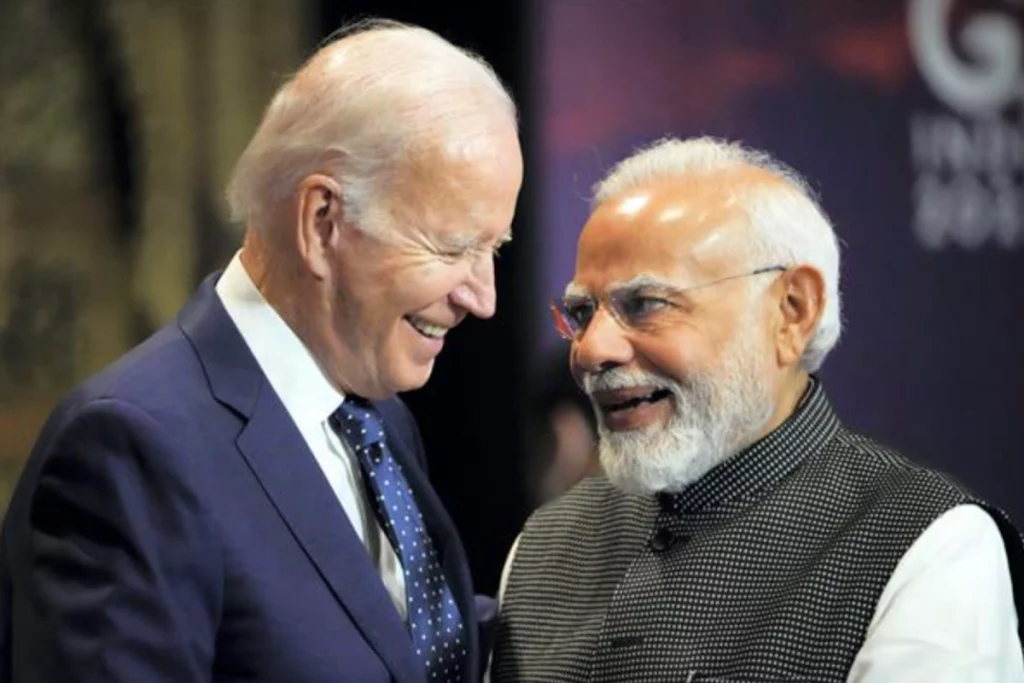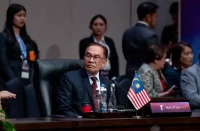The fact that the United States is not ready to establish relationships with India as an equal partner and take India’s interests into account calls into question the possibilities of such an alliance.
Speaking on March 29 of this year in the National Security Council (NSC) in Washington D.C., Kurt Campbell, Deputy Assistant to the President and Coordinator for Indo-Pacific Affairs, said that India was not and would never be an ally of the United States. In fact, he implied that Washington would use India to its own advantage as long as this corresponded to the interests and ambitions of the United States in the Asian region and would not develop the declared mutually beneficial strategic partnership.
The White House builds all the relationships with its allies, including India, from the position of a ‘sovereign’ on the basis of the divide et impera rule. There is no need to talk about any truly equal bilateral or multilateral cooperation with the U.S. participation. The United States assign a leading role to themselves in any case and force all others to be satisfied with the role of inferior partners following in the footsteps of Washington’s foreign political course. Within QUAD, in particular, neither Australia, nor Japan disputes the obvious leadership of the United States in any way. Whether the Indian political and economic elite who have their own international ambitions and who greatly value India’s sovereignty and independence, will be happy with the same role is a question. The willingness of the United States to abandon their principles and to enter into an ‘alliance of equals’ with India causes even more doubt.

Completely neglecting India’s interests, Washington peremptorily forces New Delhi to sacrifice its partnerships with the countries that it believes to be important to it and that the United States considers geopolitical opponents. First and foremost, this applies to Russia and Iran.
Between New Delhi and Washington, there are fundamental discrepancies on the human rights agenda. The Biden Administration is sharply critical about the nationalistic policy allegedly promoted by Prime Minister Narendra Modi and the attempts to limit the rights of the Muslim communities. Furthermore, the criminal charges, which were raised by the U.S. against Prime Minister Modi for the interreligious violence in Gujarat in 2005, have not been officially dropped yet, and India’s decision on changing Kashmir’s status has not been supported.
Separately, it would be possible to note the decision of the White House to hastily withdraw the U.S. troops from Afghanistan, which was taken without any consultations with the Indian partners and which made the latter face a very tough situation.
Washington tries to make New Delhi its main tool for deterring China, by all the forces and means, while the United States do not give any security guarantees to India. There are serious reasons to believe that in the event of a crisis the United States will not stand on the side of New Delhi, especially if it is associated with significant risk and probable side effects for the White House itself. Washington will not provide direct military support in case there is an escalation of the Sino-Indian border conflict. You can recall an instance of the U.S. great caution in responding to the serious confrontation of 2015 between Turkey and Russia after the Turkish Air Force shot down a Russian attack aircraft on the Syrian border.
All the above-mentioned suggests that India should seriously rethink its foreign policy priorities and should not expect much help from the United States as from a reliable partner.














Comments